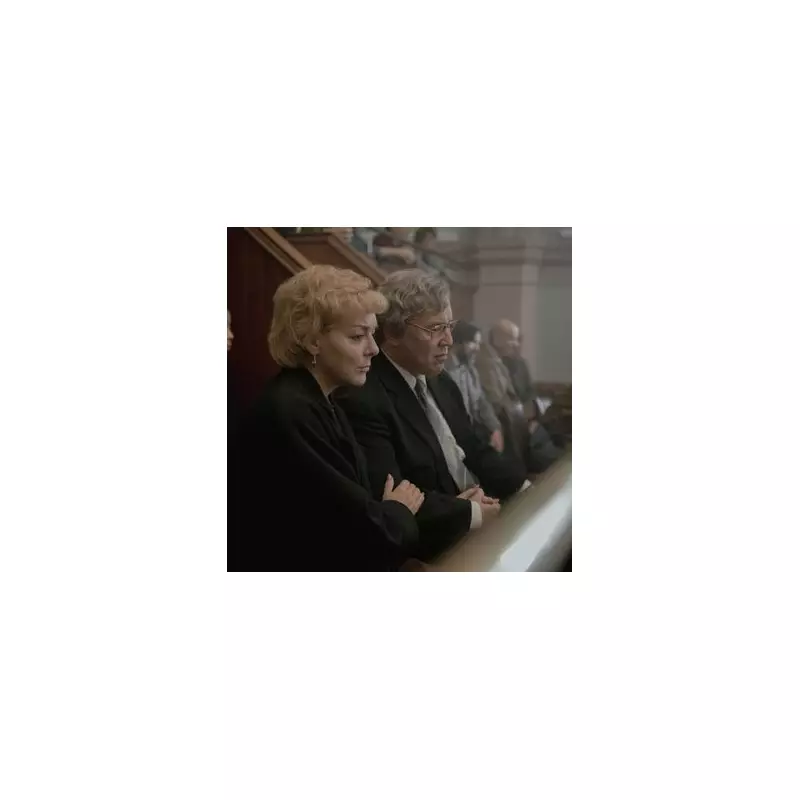
The harrowing case of Billy Dunlop, the man who brutally murdered Julie Hogg and then exploited the legal system to win his freedom, remains one of Britain's most shocking criminal injustices.
In 1989, Dunlop was acquitted of killing 22-year-old Julie, whose body was discovered concealed behind her own bath panel by her distraught mother, Ann Ming. It would take over a decade and a change in the ancient double jeopardy law before Dunlop was finally brought to justice.
A Landmark Legal Battle
After his eventual conviction in 2006, Dunlop was handed a life sentence with a minimum term of 17 years. However, in a move that stunned the nation and Julie's grieving family, he launched a protracted legal battle for early release. Dunlop's legal team controversially argued that his lengthy time on remand and the unique circumstances of his case warranted a reduction in his tariff.
This fight for freedom leveraged human rights legislation, claiming his rights had been infringed upon due to the time it took to secure his conviction. The Parole Board ultimately granted his release in 2021, deciding he no longer posed a significant risk to the public.
A Mother's Lifelong Campaign
Julie's mother, Ann Ming, became a formidable campaigner for justice. Her relentless pursuit not only secured her daughter's murderer a conviction but also changed British law forever. Her successful campaign to overturn the 800-year-old double jeopardy law meant that in certain cases, like Dunlop's, acquitted criminals could be retried if compelling new evidence emerged.
Despite this monumental achievement, the pain of Dunlop's release was a devastating blow. Ann expressed her profound anguish, stating that life imprisonment was the only just sentence for taking her daughter's life.
A Legacy of Injustice and Reform
The Dunlop case sits at a disturbing crossroads within the British justice system. It highlights both the power of campaigners to drive legislative change and the potential for offenders to manipulate that same system. Dunlop's release on licence means he will be subject to strict conditions for the rest of his life, but for Julie's family, it represents a perpetual life sentence of grief and injustice.
This case continues to fuel debate about the balance between the human rights of convicted murderers and the rights of victims' families to see true justice served.





